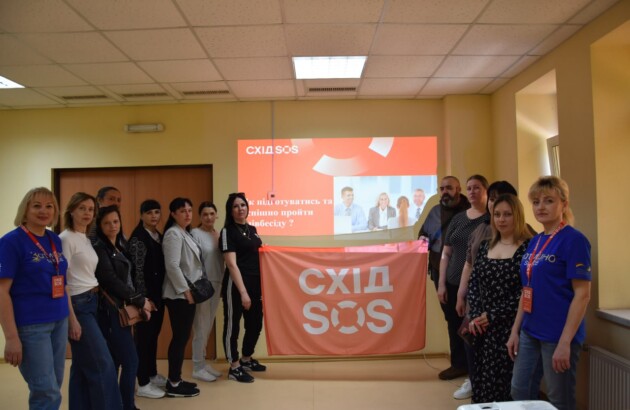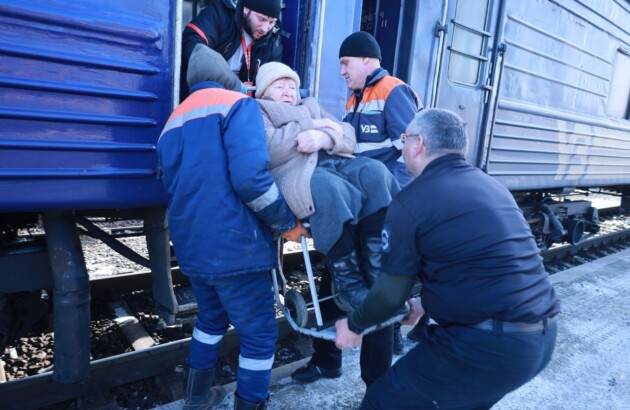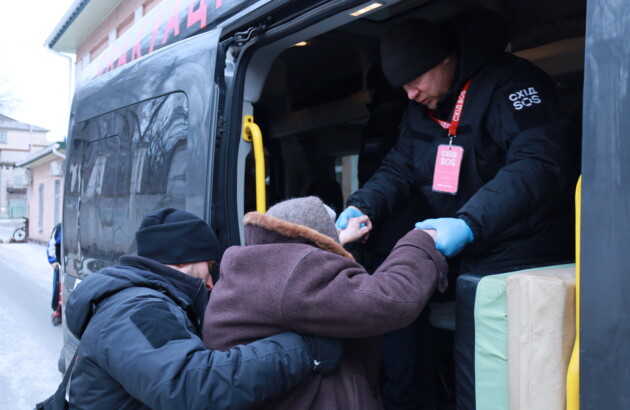“Does the Government Formulate a Policy for Victims of War?”: Press Conference of the Coalition of Organizations
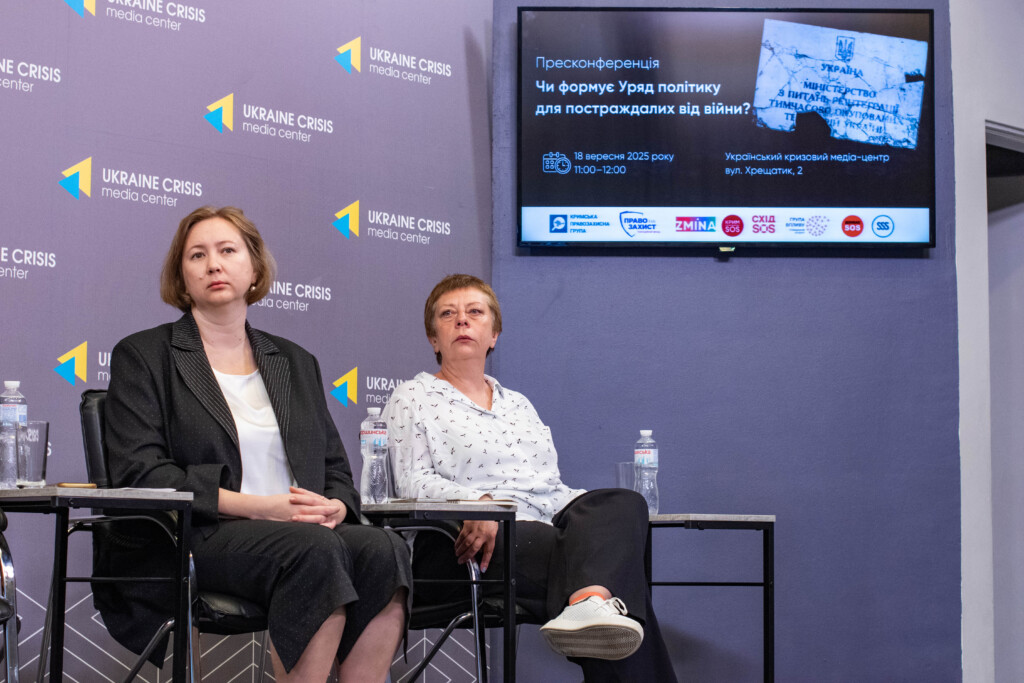
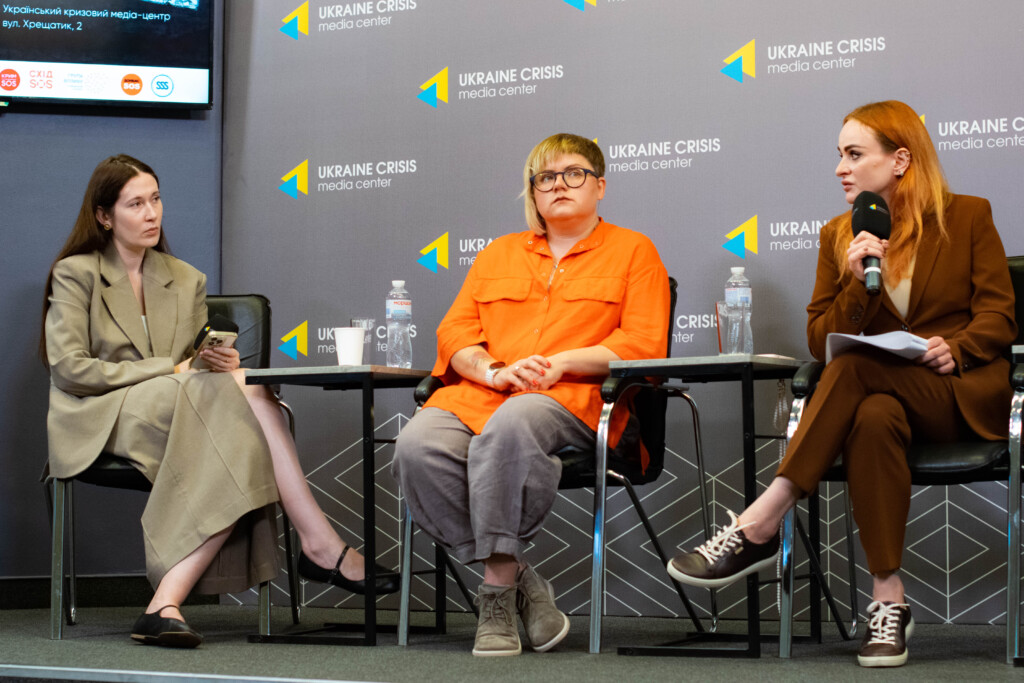
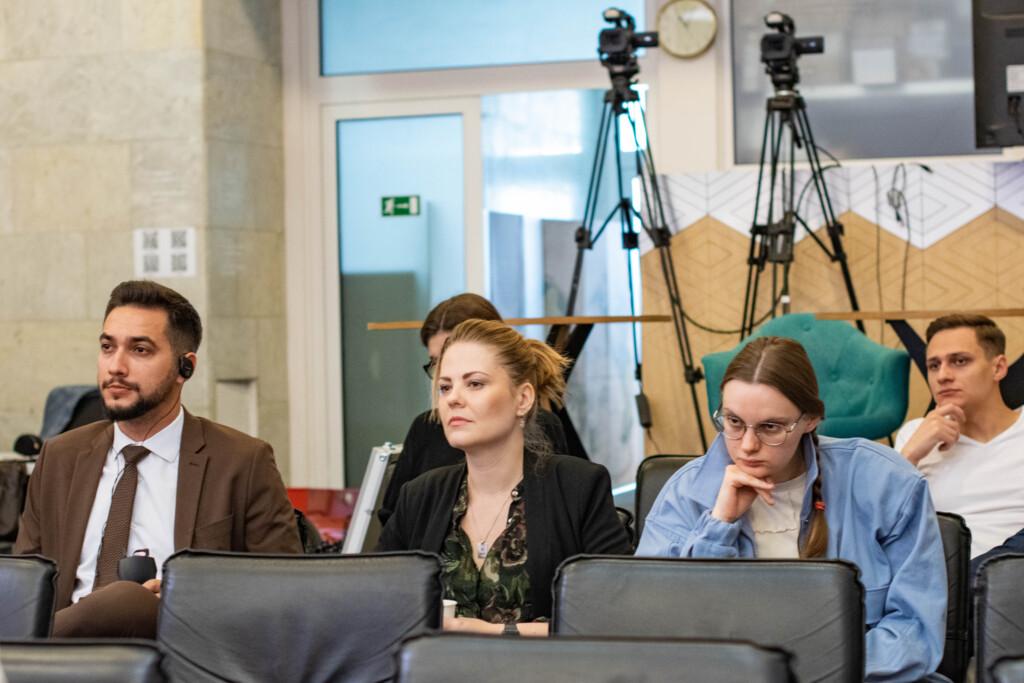
On September 18, in Kyiv, a press conference titled “Does the Government Formulate a Policy for War Victims?” was held by the Coalition of organizations working to protect the rights of people affected by Russia’s armed aggression against Ukraine.
The East SOS Charity Foundation, as a Coalition member, actively advocates for the rights of people affected by the war and therefore shares the key discussion points and messages from this meeting.
Last year, during the restructuring of the Ministry for Reintegration of the Temporarily Occupied Territories of Ukraine, Coalition representatives consistently warned about the risks of splitting the Ministry’s responsibilities between different institutions. Such fragmentation could result in removing the issues of war victims, internally displaced persons (IDPs), and people living in temporarily occupied territories (TOT) from the government’s agenda.
In July 2025, the Government of Ukraine was replaced, and in September, the new Government’s Priority Action Plan was presented. The Coalition submitted detailed proposals to this Plan, stressing the urgent need to integrate the protection of the rights of citizens affected by the war and those in the temporarily occupied territories (TOT) into national policy. Unfortunately, these proposals were not reflected in the final version of the document.
During the press conference, representatives of the Coalition highlighted the following key problems caused by the reformatting of the Ministry of Reintegration and the adoption of the new Government Priority Action Plan:
- Today, 3–5 million adults and almost 1 million children remain in the TOT, yet they are not mentioned in the context of Ukraine’s recovery. Existing programs of the Ministry of Communities and Territories Development mainly focus on physical reconstruction, not on the needs of the affected population.
- While supporting people affected by armed aggression requires a full-fledged IDP policy, the Government’s Plan covers only a narrow group of people and leaves out the majority of victims.
- Recording damage caused by violations of personal and non-property rights is not considered a priority, although it is crucial for future justice and reparations.
- The operational goals of the Ministry of Veterans Affairs prioritize defenders, which is an important task, but fail to address the needs of civilians harmed by the war.
- The Government Action Plan does not include a dedicated strategic objective to ensure the protection of affected populations.
- There is still no system for documenting damage caused by the deportation of children or by restrictions on access to education and medical services.
- For 11 years, the problem of political prisoners and persons unlawfully deprived of liberty as a result of russian aggression has remained without effective state mechanisms of protection.
References to TOT residents are absent from the objectives of most ministries.
Representatives of the Coalition emphasized that the absence of a coherent government policy is the result of institutional decisions and reforms made a year ago. The consequences of the war remain acute, but there are no mechanisms for coordination between state bodies to address them. Although Ukrainian legislation does not yet define the term “war victims,” in reality this group includes millions of people whose rights and needs should be a priority of the Government’s Action Plan.
Every policy, program or strategy has end users. In our case, these are people affected by the war. This group is extremely broad, with its own specific needs and challenges, and it requires real, systemic solutions.
As a result of the press conference, the following key proposals were presented to the Government:
- The Government’s Priority Action Plan must address the issues of war-affected people in a comprehensive manner, not through isolated tasks of a few ministries.
- The effectiveness of activities should be measured not by the number of investment projects or adopted regulations, but by the real changes they bring to people’s lives.
- Reforms and new policies must not worsen the current situation of people affected by the war. Citizens should clearly see themselves and their needs reflected in the Government’s priorities.
- In the context of war, the ultimate struggle is for people, and they need consistent, tangible support.
- The Government must ensure that all groups of the affected population are taken into account by mapping them and making victim support a cross-cutting priority, rather than a secondary issue.
Representatives of the Coalition of human rights organizations stressed that they are ready to cooperate with state institutions, international partners, and civil society to jointly develop solutions for protecting the rights of people affected by the war.
Coalition member organizations:
- ZMINA Human Rights Center
- NGO Donbass SOS
- NGO CrimeaSOS
- CF Right to Protection
- CF East SOS
- NGO Public Holding “Group of Influence”
- CF Stabilization Support Services
- Crimean Human Rights Group
The advocacy activities of the Foundation are implemented within the framework of the project “Support for Vulnerable Groups and Residents of Remote Territories of Ukraine Affected by the War” with the financial support of the European Union in Ukraine.
In early September, the Coalition of Organizations Protecting the Rights of Victims of Armed Aggression Against Ukraine prepared another roadmap of draft laws aimed at strengthening the protection of this group of people.
